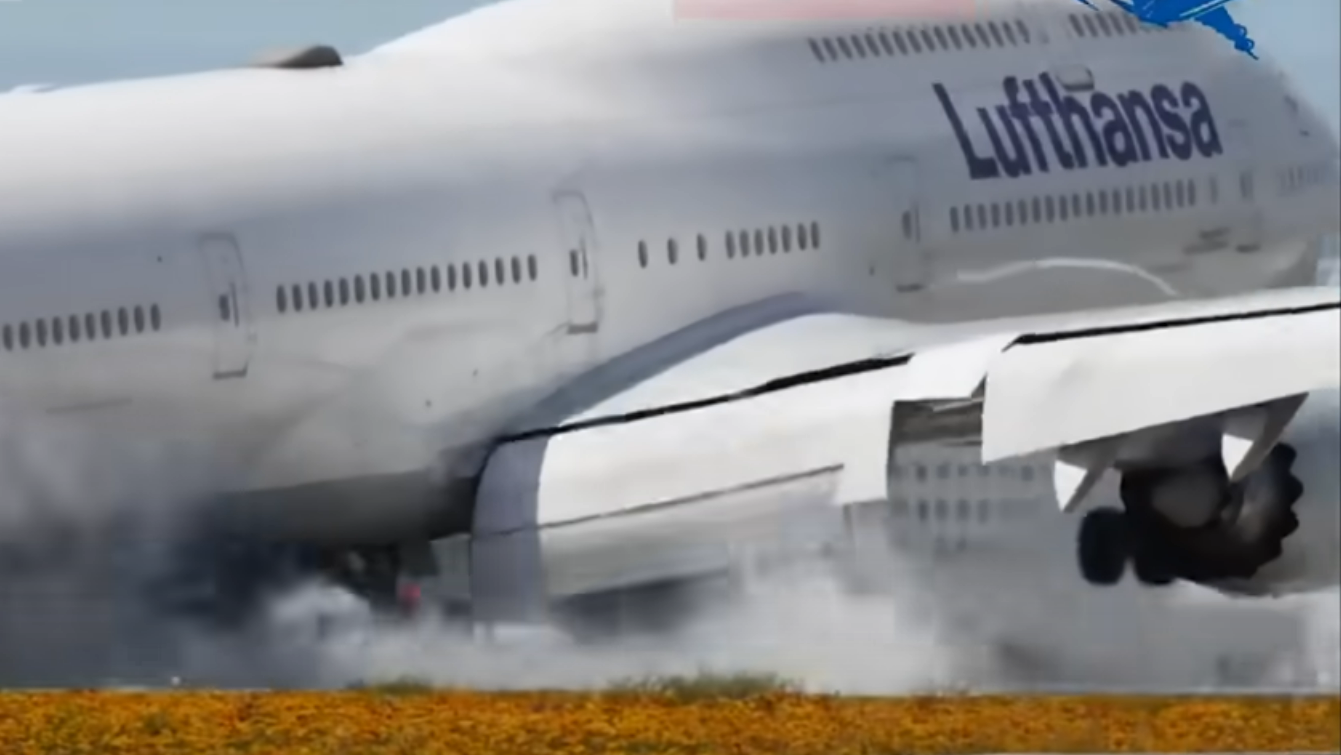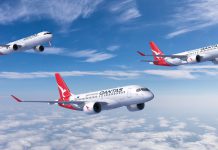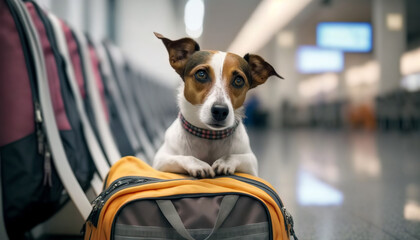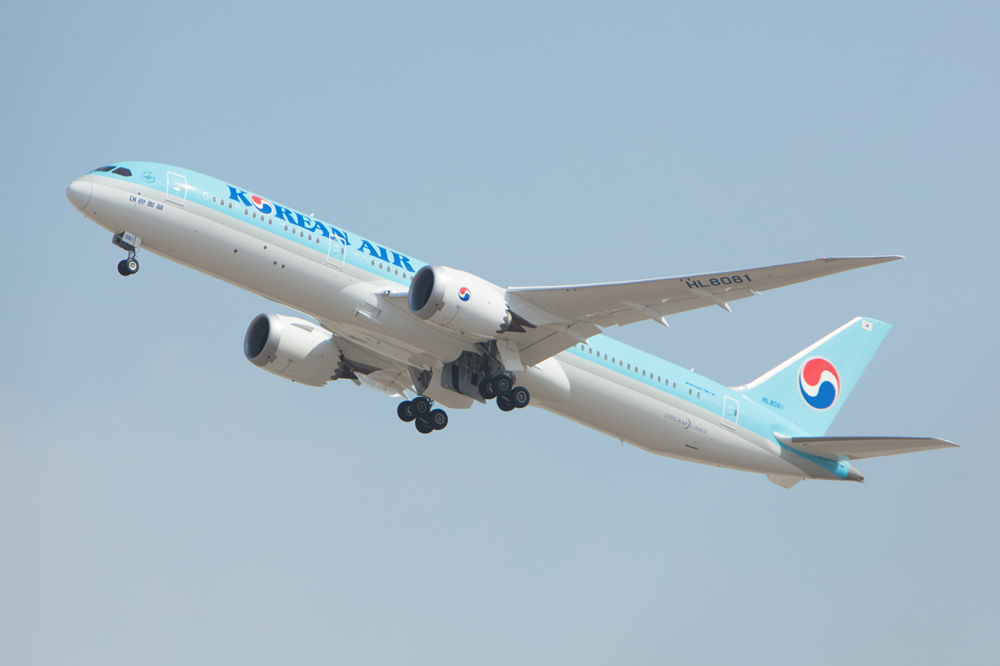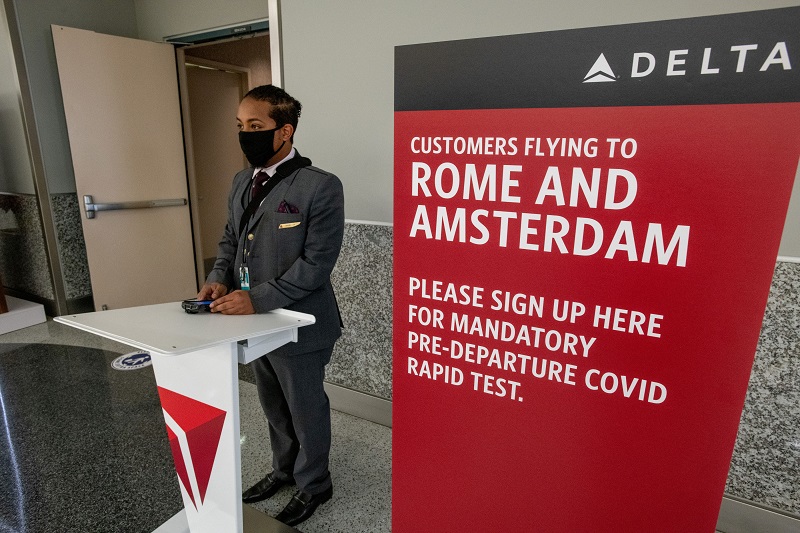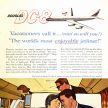A new study has confirmed pre-flight COVID testing effectively deters the spread of the disease by airlines, finding the risk of getting the virus on a flight where all passengers have tested negative 72 hours before departure is less than 0.1 percent.
The peer-reviewed study, conducted by the Georgia Health Department and the respected Mayo Clinic in conjunction with Delta Air Lines, differs from studies using modeling in that it looked at real-world data on COVID-tested trans-Atlantic flight corridors.
It involved almost 10,000 passengers flying from New York-JFK and Atlanta airports to Italy’s Fiumicino International Airport and looked at various testing strategies as well as issues such as feasibility, false positives and case detection rates.
The results show a single molecular test performed within 72 hours of departure could slash the rate of infection on an aircraft significantly below community infection rates.
READ: Aussie travelers support nixing border restrictions.
Researchers cite an example where the community infection rate was at 1.1 percent, or one in 100 people, while infection rates on COVID-tested flights were 0.05 percent, or five in 10,000 passengers.
The study required passengers arriving at the Atlanta and New York airports to provide a negative molecular test (such as a PCR) result and then tested them again after security using a rapid antigen test (RAT).
Those that tested positive in the RAT underwent a subsequent rapid molecular test and those that failed both tests were denied boarding.
Those that tested positive in the RAT but negative in the molecular test were allowed to board.
All passengers who arrived in Italy underwent another RAT and any that tested positive received another molecular test.
Of the 9,853 passengers tested in the US prior to departure, just four failed both tests.
There were no false-positive antigen tests and researchers said the estimated risk of false-negative with a RAT is 0.0009.
Testing on arrival identified just one additional infected individual.
Delta’s chief health officer, Dr Henry Ting, said the study showed testing was an effective alternative to quarantine and that a very low risk of infection transmission was possible.
“We are going to live with COVID-19 variants for some time,’’ Ting argued.
“This real-world data – not simulation models – is what governments around the world can use as a blueprint for requiring vaccinations and testing instead of quarantines to re-open borders for international travel.
“Air travel risk varies depending on case rates and vaccination rates at the origin and destination, masking and other factors.
“But the data collected from this study show that the routine use of a single molecular test within 72 hours before international travel for unvaccinated individuals significantly mitigates the risk of COVID-19 exposure and transmission during airline travel.
“When you couple the extremely low infection rate on board a COVID-19-tested flight with the layers of protection on board including mandatory masking and hospital-grade air filtration, the risk of transmission is less than one in one million between the United States and the United Kingdom, for example.
“These numbers will improve further as vaccination rates increase and new cases decrease worldwide.”


